Caritas Urges Canceling Debt of Poor Countries
Appeal to G7 Leaders who will Meet Starting June 11 Cornwall
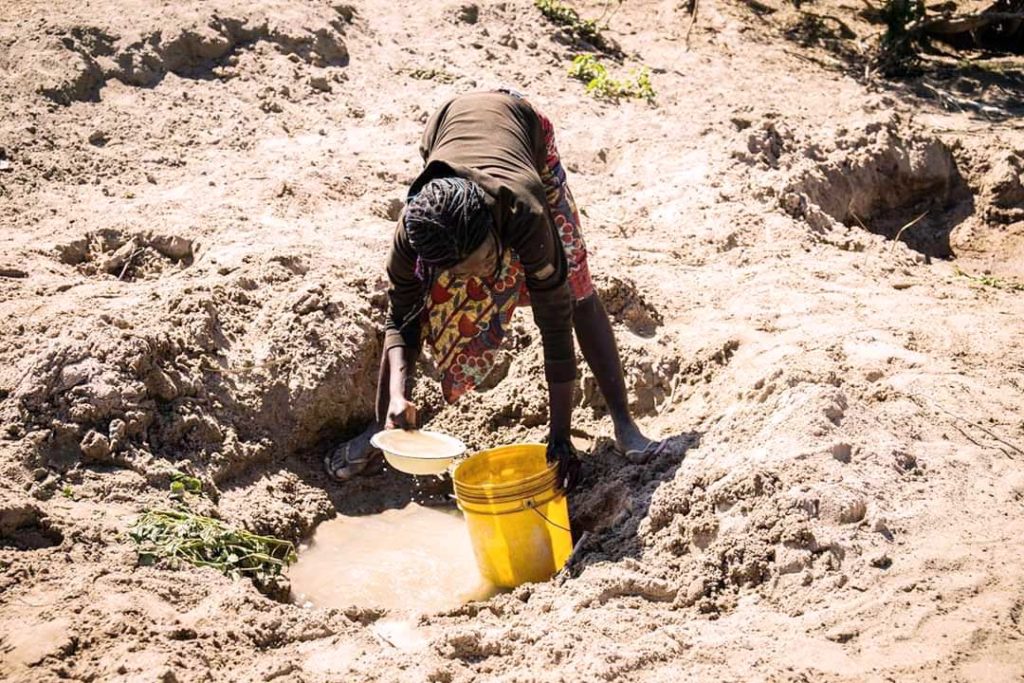
It is impossible to “build back better” without canceling the debt of poor countries and reinvesting these funds in COVID-19 response and recovery and to combat the climate crisis. That is Caritas Internationalis’s appeal to the G7 leaders who will meet starting tomorrow, 11 June, in Cornwall.
“COVID-19 put the rampant social injustices in today’s world under a magnifying glass,” said Aloysius John, secretary general of Caritas Internationalis. “The only way to rebuild the future must be by eliminating such injustices”.
Through its grassroots presence in some 200 countries and territories worldwide, the Caritas Confederation constantly witnesses the dramatic consequences of debt on the people in developing countries.
“In Zambia, for example, 45 percent of the Government’s annual budget services the country’s massive debt. How can a country rebuild with such a burden? And how can it respond to COVID if the few resources available cannot be used to strengthen the national health system – including faith-based organizations providers – that would store and distribute vaccines?”
Since the beginning of the pandemic, Caritas Internationalis has continually advocated for the poorest `countries, urging the international community to commit to and fund a just recovery for all. In view of the upcoming G7 summit, Caritas once again makes its voice heard to echo the cry of the poorest:
“G7 countries must lead the way in COVID-19 response and recovery to support those worst affected by the pandemic and support a just, green recovery. And the first step is to ensure that all debt payments are cancelled, including to private creditors. This is the quickest way of getting finance to where it is most needed,” adds Aloysius John.
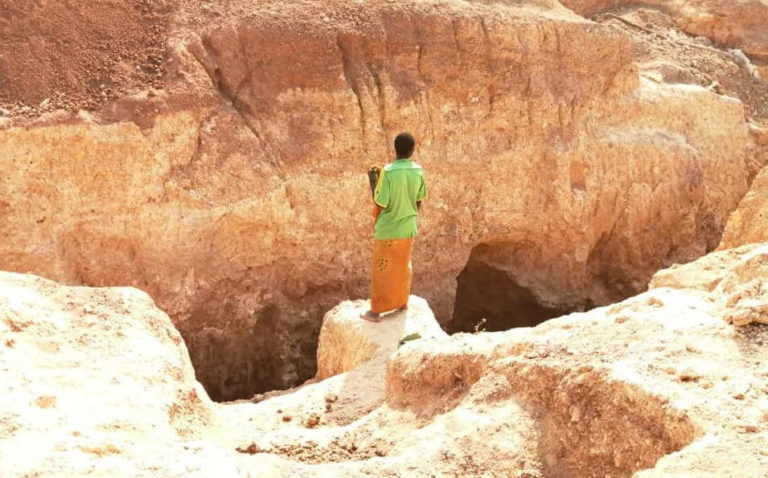
Luapula, Zambia: Mary goes into this pit every day in search of manganese ore to sell so she can feed her family.
Photo by Mando Chiundaponde/Caritas Zambia
African governments alone are expected to pay $23.4 billion in debt repayments to private creditors in 2021 – that is over three times the cost to purchase vaccines for the entire continent.
Caritas Internationalis urges G7 countries to commit to new finance to support COVID-19 response, recovery, and the climate crisis, focusing on the poorest communities and protecting our common home. The issuance of new Special Drawing Rights (SDRs) would provide finance directly to governments in the global south to respond to the current crises. New SDRs available to advanced economies should be used to provide grants to tackle global challenges such as strengthening health systems, access to vaccines, and investing in a just, green recovery.
Caritas Internationalis, therefore, appeals to G7 leaders to:
- Stop debt payments to private creditors. In addition to their existing calls for private creditors to engage fully in the G20 Common Framework for Debt Relief, G7 governments must commit to exploring legislative options that encourage Private Creditors to participate in debt relief and restructuring initiatives
- Provide new financing for Covid response, recovery, and climate crisis. Commitment by G7 governments to mobilize the financing to respond to the immediate needs of the Covid response (strengthen healthcare systems, social safety nets, access to vaccines) and support a just, green recovery in ways that do not deepen the debt crisis in the global south.
- New issuance of Special Drawing Rights (SDRs) to tackle global problems. This moment of crisis requires an unprecedented and innovative response. G7 countries should explore options to utilize their SDRs to support countries in the global south, including middle-income countries, in ways that do not increase debt and conditionality.
- Demonstrate they are taking the COP26 talks and tackling the climate crisis seriously, including by committing to end fossil fuel subsidies.
Related
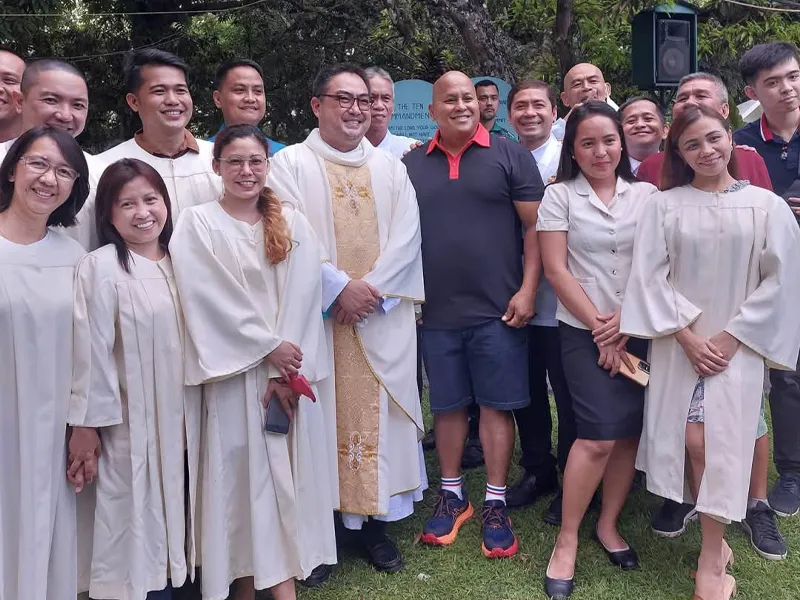
“The priest finds his reason for being in the Eucharist”
Fundación CARF
01 April, 2025
5 min
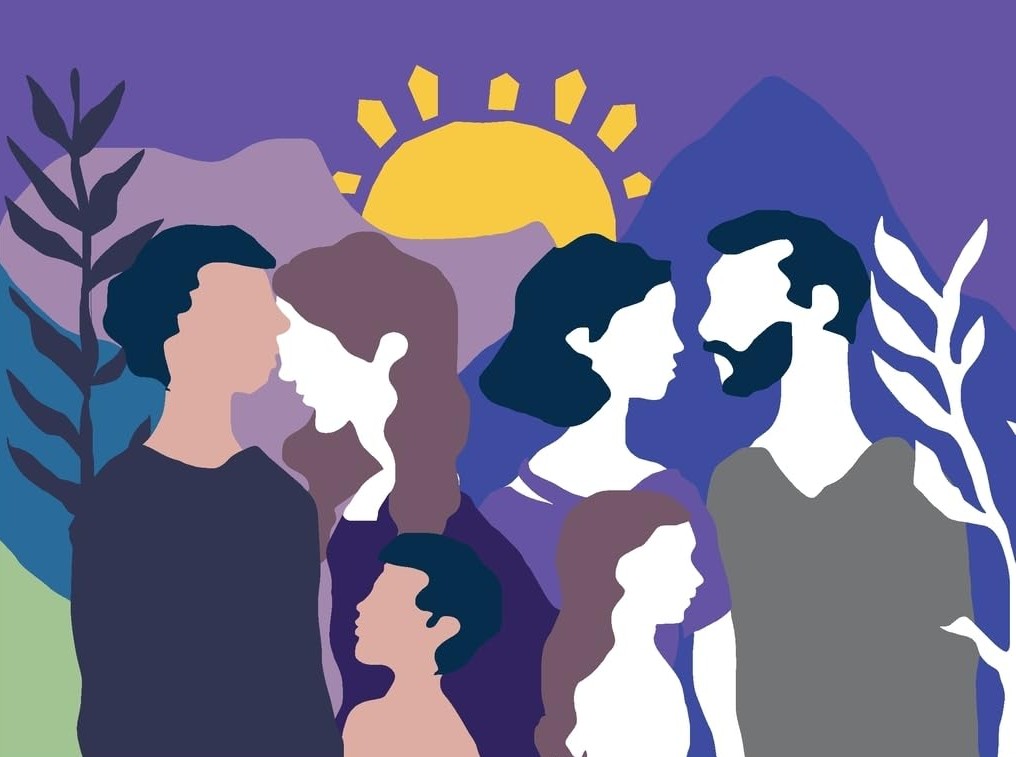
Family Valued: An international appeal for the family
Exaudi Staff
01 April, 2025
2 min
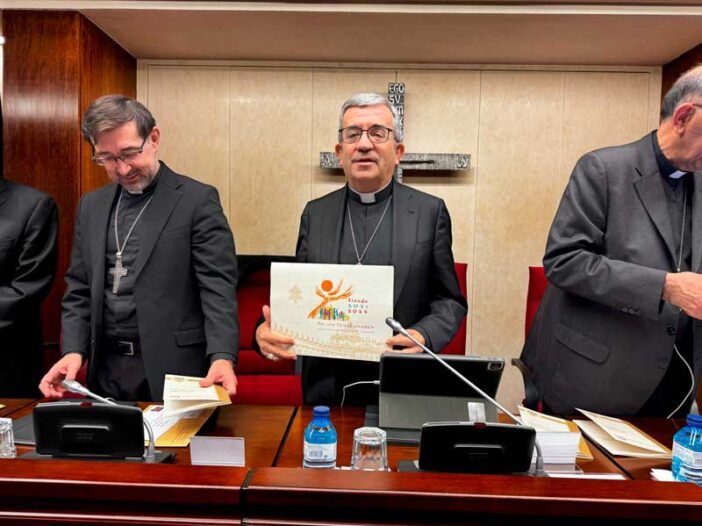
Bishop Luis Argüello Addresses the Challenges of the Church in Spain
Exaudi Staff
01 April, 2025
2 min

THE WAY OF THE CROSS: Accompanying Jesus on the way to the Cross
Luis Herrera Campo
31 March, 2025
5 min
 (EN)
(EN)
 (ES)
(ES)
 (IT)
(IT)

